 As you know, we’ve been living in a tragic time in our country amid COVID-19, political turmoil, friends and family members losing jobs, domestic violence increasing, and we’re seeing more violent examples of xenophobia, racism, and white supremacy around us.
As you know, we’ve been living in a tragic time in our country amid COVID-19, political turmoil, friends and family members losing jobs, domestic violence increasing, and we’re seeing more violent examples of xenophobia, racism, and white supremacy around us.
A few weeks ago, we witnessed domestic terrorists invade our U.S. Capitol, people waving confederate flags and nooses to incite more violence, and “religious” people holding crosses, blowing Shofars, and plenty of signage with Bible verses to help incite more election anger and protests.
As a Christian, it’s absolutely appalling to see people use God’s name to incite violence and insurrection. Sadly, it’s another reminder of our church’s history of causing trauma.
People are hurting — especially our marginalized and immigrant communities. And the church has a responsibility to address these atrocities and be part of the healing process. And that’s why I’m grateful to have Dr. Robert Chao Romero as our guest on the podcast.
Dr. Romero is a historian and professor in the Departments of Chicana/o Studies and Asian American Studies at the University of California, UCLA. Dr. Romero has a unique perspective on social justice as an attorney, pastor, historian, and the son of a Mexican father and Chinese immigrant mother.
His academic research is focused on issues of race, immigration, history and religion — and his last book “The Brown Church: Five Centuries of Latina/o Social Justice, Theology & Identity” discusses the various ways our Hispanic church has fought oppression, slavery and other social justice issues.
 We’re grateful for the opportunity to learn from
We’re grateful for the opportunity to learn from  We’re honored to learn from
We’re honored to learn from 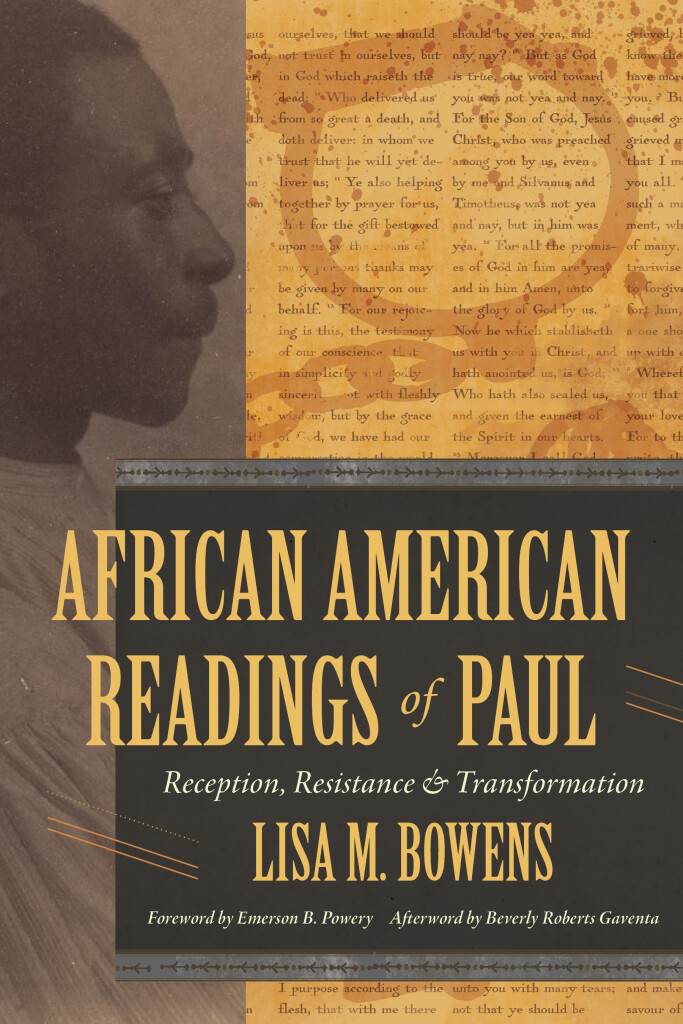 We’re honored to learn from Dr. Lisa M. Bowens about her new book “
We’re honored to learn from Dr. Lisa M. Bowens about her new book “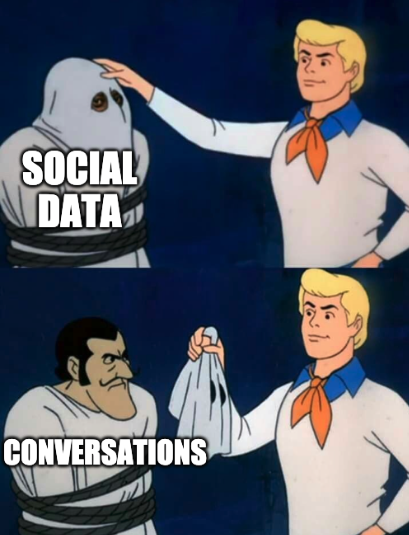 Social media monitoring is vital for understanding our target audiences and knowing what sort of content we need to create to be helpful.
Social media monitoring is vital for understanding our target audiences and knowing what sort of content we need to create to be helpful. We’re honored to learn from Dr. William G. Witt about his book “
We’re honored to learn from Dr. William G. Witt about his book “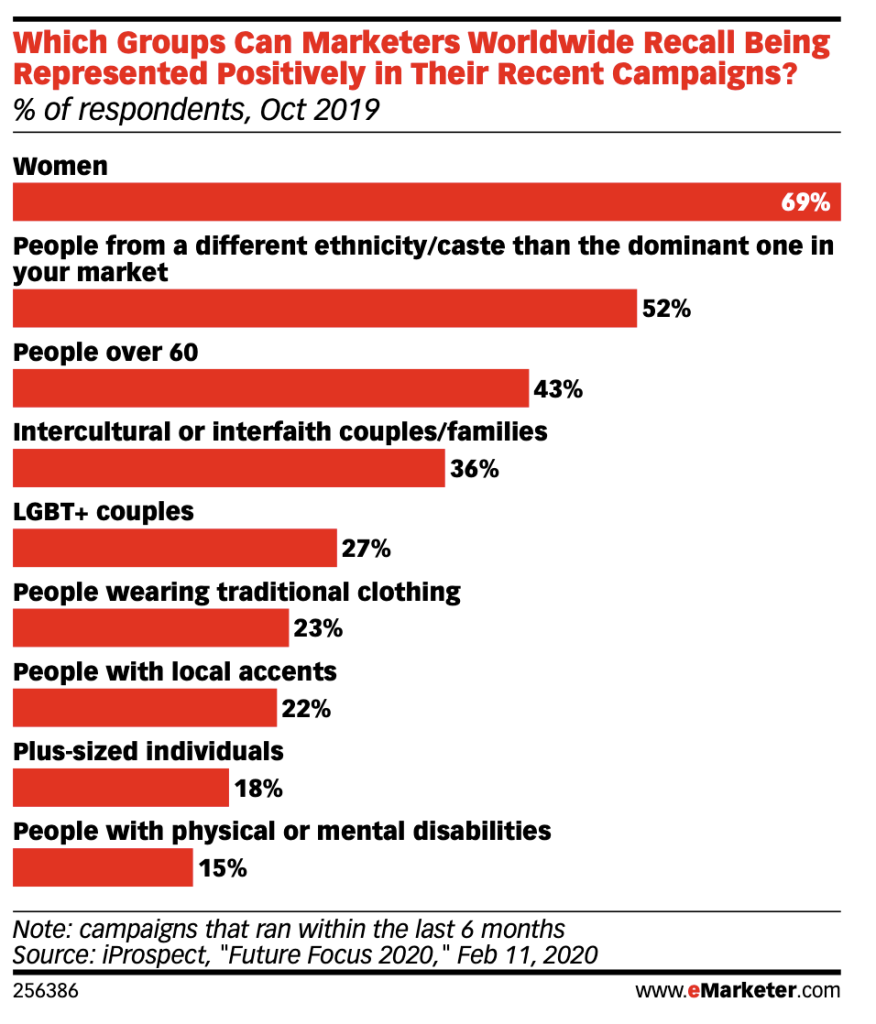 The November 2020 “
The November 2020 “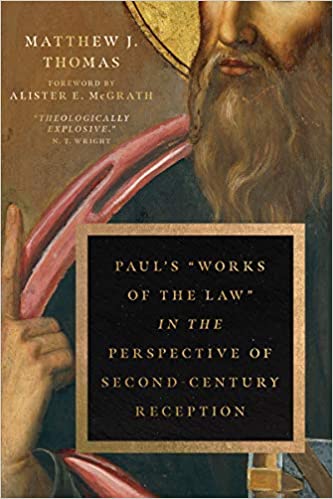 We’re grateful for the opportunity to learn from
We’re grateful for the opportunity to learn from 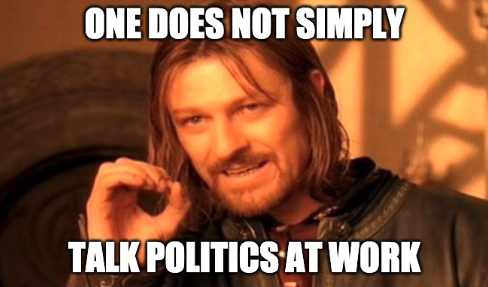 It was an emotional weekend for most of us.
It was an emotional weekend for most of us.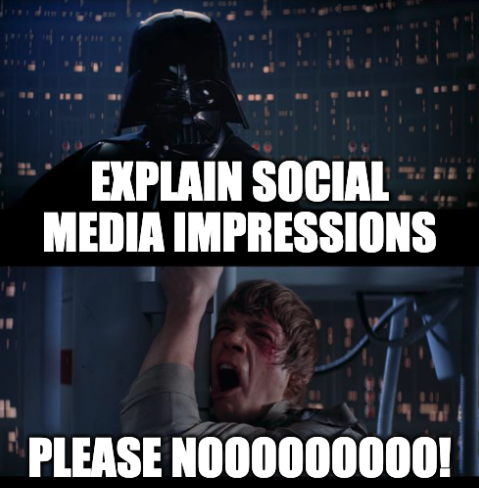 Defining an impression is tricky — and often confused with social media reach.
Defining an impression is tricky — and often confused with social media reach.
